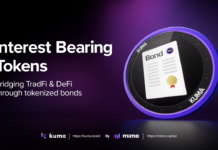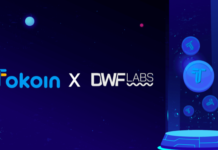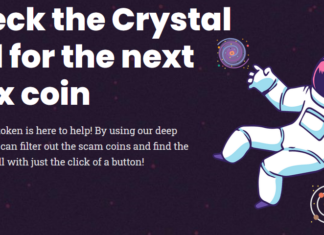1Inch, an upcoming decentralized exchange aggregator service has released its utility and governance token today that would be represented by a ticker symbol “1INCH.” The newly released token would be used for automated market maker protocol and its decentralized exchange aggregator service. With the launch of the token, the defi aggregator service provider would now be governed under DAO.
1Inch made a lot of headlines prior to its launch primarily because of its new governance model which it claims would change the governance model of the decentralized space. The official announcement noted the change that this new model would bring and said,
Most governance models are not designed to adopt protocol changes quickly to respond to the rapidly evolving market. To remedy this, 1inch Network is launching with “instant governance”, a new feature that allows the community to vote for specific protocol settings under the decentralized autonomous organization (DAO) model, in a transparent, user-friendly, and efficient way.
What is This New Governance Model?
The new instant governance model would allow for the direct interaction of the community for the protocol changes. The new governance model would allow the community to participate, benefit, and vote for specific protocol settings without any barrier to entry.
The 1Inch DEX platform has two key parts, one being the Aggregation Governance module and the Liquidity governance module. 1INCH token holders would be able to vote on Spread Surplus distribution. The Spread Surplus is generated during a transaction Swap if the execution price is better than the quoted one. The Spread Surplus can later be converted to 1Inch token via the liquidity protocol which is currently live.


























![Bitcoin [BTC] Miners Recording Massive BTC Outflows, Will Bulls Survive?](https://cryptoglobe.website/wp-content/uploads/2020/06/photo-1550565227-a6144af19c78-678x381-1-324x160.jpg)